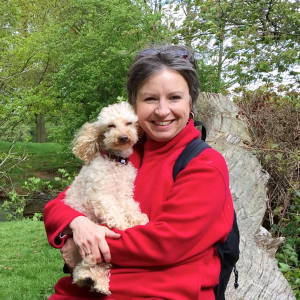Reading Prison
Reading Prison opened in 1844 and was originally named Reading Gaol. It was considered quite progressive at the time. Older prisons were thought to be schools of crime as inmates slept in large dormitories. The new model prison had clean individual cells and they followed the regime of the 'Separate System'. It's purpose was not just to lock prisoners up but to reform and improve them. The prisoners spent time mostly alone and isolated from other prisoners and were not allowed to speak to or even associate with the other prisoners. Even during their daily exercise in the yard they were hooded with slits for their eyes. When they were taken to chapel they stood in individual boxes so they could not see or be seen by the other inmates.
The prison's most famous inmate is probably Oscar Wilde, who was imprisoned there from 1895-1897. Soon after he was discharged he wrote the poem 'The Ballad of Reading Gaol', which was published in 1898, originally under his prison name, Prisoner C.3.3. This was to be his last work. He died in France in 1900.
Whilst most prisoners disappeared without a trace, there are three albums of photographs taken of prisoners between 1885-1910 and they survive in the Berkshire Record Office. Only those prisoners thought to be at risk of re-offending had their photograph taken before they were released (which is why there is no photograph of Oscar Wilde). The photographs provide evidence that both men and women and even children as young as 10 years old were imprisoned here.
Thankfully, further prison reform took place and in its last years the prison's inmates were young male offenders between the ages of 18-21. The prison closed in 2013 and it's future is uncertain, partly due to the continued archeological digs around and underneath it, associated with the Reading Abbey ruins adjacent to the prison. It has been open to the public for a few weeks this autumn and I went on one of the last days. There is hope that it will be open again to the public in some way in the future.

Comments
Sign in or get an account to comment.


